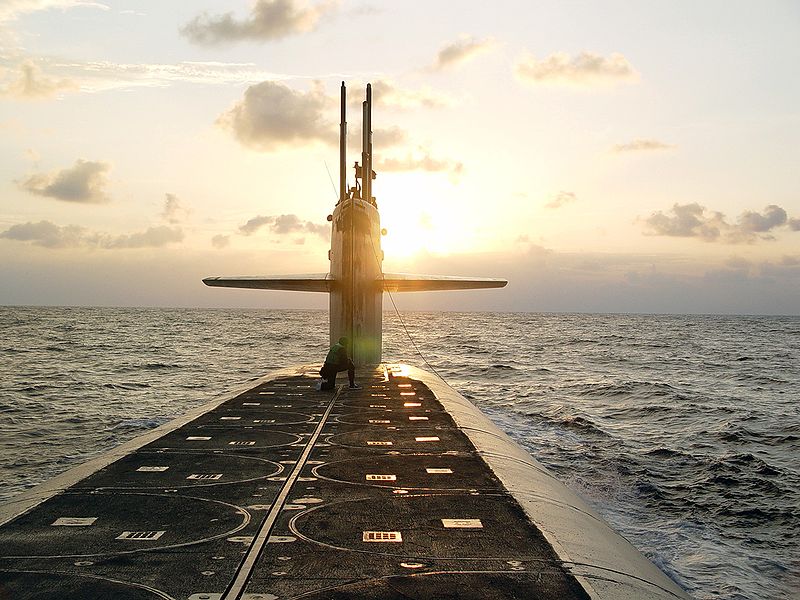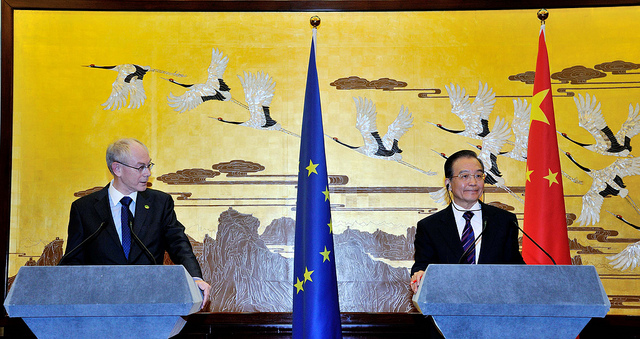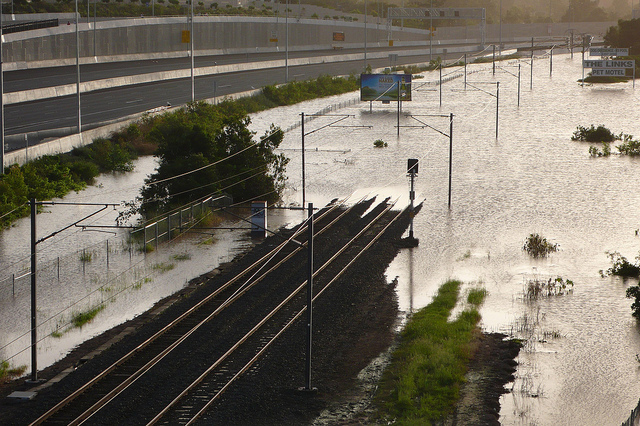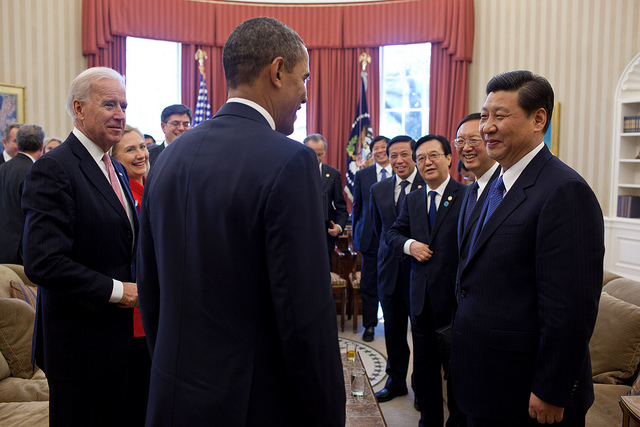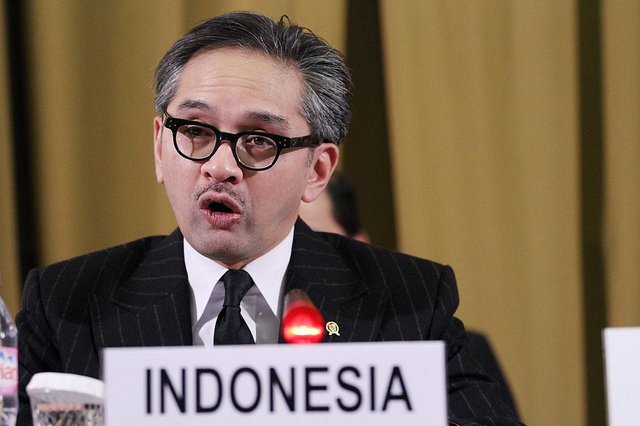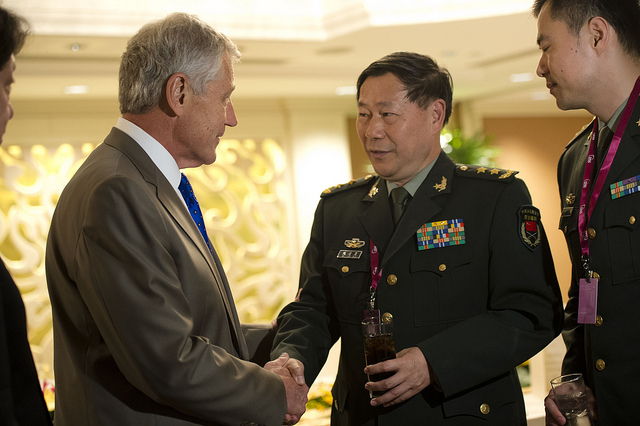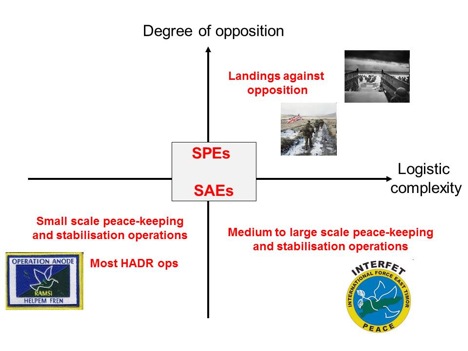US extended nuclear assurance: hiding in plain sight
 There’s been a resurgence of interest in recent years among Australian academics in the issue of US extended nuclear assurance to its Asian allies in general and to Australia in particular. I’ve written on this issue, but so too have Andrew O’Neill (PDF), Stephan Fruehling, Ron Huisken (PDF), and Richard Tanter, to name just some of the contributors.
There’s been a resurgence of interest in recent years among Australian academics in the issue of US extended nuclear assurance to its Asian allies in general and to Australia in particular. I’ve written on this issue, but so too have Andrew O’Neill (PDF), Stephan Fruehling, Ron Huisken (PDF), and Richard Tanter, to name just some of the contributors.
One particular point has often generated a degree of confusion and uncertainty—the question of whether Washington has ever actually extended a nuclear guarantee to Australia. This isn’t a trivial question. In a submission (PDF) to the Australian Parliament’s Joint Standing Committee on Foreign Affairs, Defence and Trade in March 2004, Ron Huisken observed that he knew of no specific US commitment to extend nuclear assurance to Australia. Australians, said Huisken, had often ‘claimed’ a US nuclear guarantee, and Washington had never contradicted those claims, but it wasn’t clear the US had ever actually provided a guarantee. Read more

